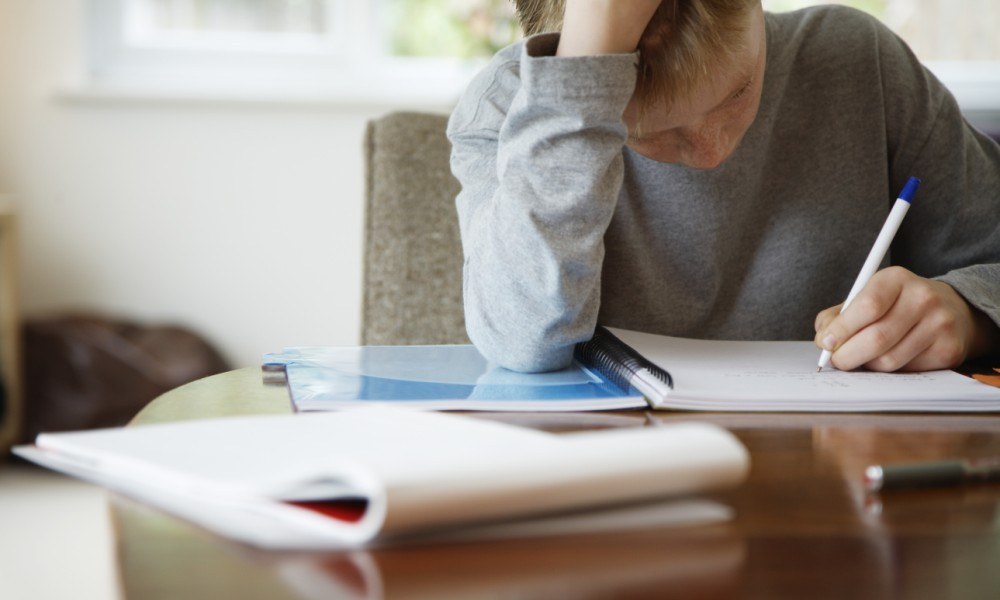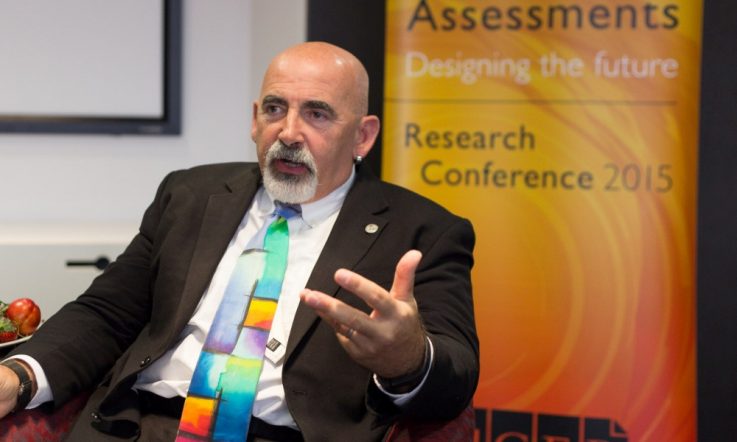Parents want more information from educators about classroom practices and teaching methods so they can better support their child's learning, according to a new study by Australian academics.
Researchers at Monash University surveyed 2200 parents, grandparents and guardians on a range of topics, including their aspirations for their children's education, access to school resources and teacher quality.
The findings of the study are detailed in the ASG Parents Report Card 2015: Australian parents' perceptions of the state of education in Australia, released this month.
Associate Professor Shane Phillipson, who co-authored the report with Adjunct Senior Lecturer Sivanes Phillipson, said the study showed parents generally hold teachers in high regard '... with 89 per cent agreeing their children's teachers are very capable and 85 per cent believing the school curriculum will help their child with their future careers'.
He added: 'The education system has procedures in place to ensure parents and teachers are communicating on both behavioural and performance progress. However, there is a call from parents to be educated about the teaching methodology, so they can ensure they're supporting their child's education in the home setting.'
On the issue of communicating with parents and families, the report says many schools have brief parent-teacher interviews and term reports that don't 'do justice' to the work being done by teachers, or the efforts of students and the progress that they are making in their learning.
It recommends schools, teachers and policymakers take a more holistic approach. 'Effective ongoing discussion on the nature of learning that occurs in schools, and the approach to homework, will lead to a better educational environment for Australian children.'
The survey also asked parents about their child's dedication to study, and found some interesting differences in relation to gender. Nearly two-thirds (65 per cent) of parents with sons agreed their child could be distracted from their learning at school, but only 58 per cent of parents with daughters thought the same. Similarly, 67 per cent of parents said they had to remind their sons to study, compared to 55 per cent who said they had to remind their daughters.
There were also differences in relation to level of schooling. 'Parents of children attending primary school believe that their children have the least ability to pay attention to learning, compared to parents of secondary school children,' the report says, adding '... 70 per cent of parents with children in primary school agree that they have to remind their child to study, in contrast to 54 per cent of parents with children in secondary school.'
To download a copy of the ASG Parents Report Card 2015 click on the link (PDF 1.21MB)
How often do you communicate with parents about classroom practice?
How are you reporting student learning progress to parents? Have you asked parents what information they would like to receive?
How are you communicating the next steps for students, and how parents can support their child?



